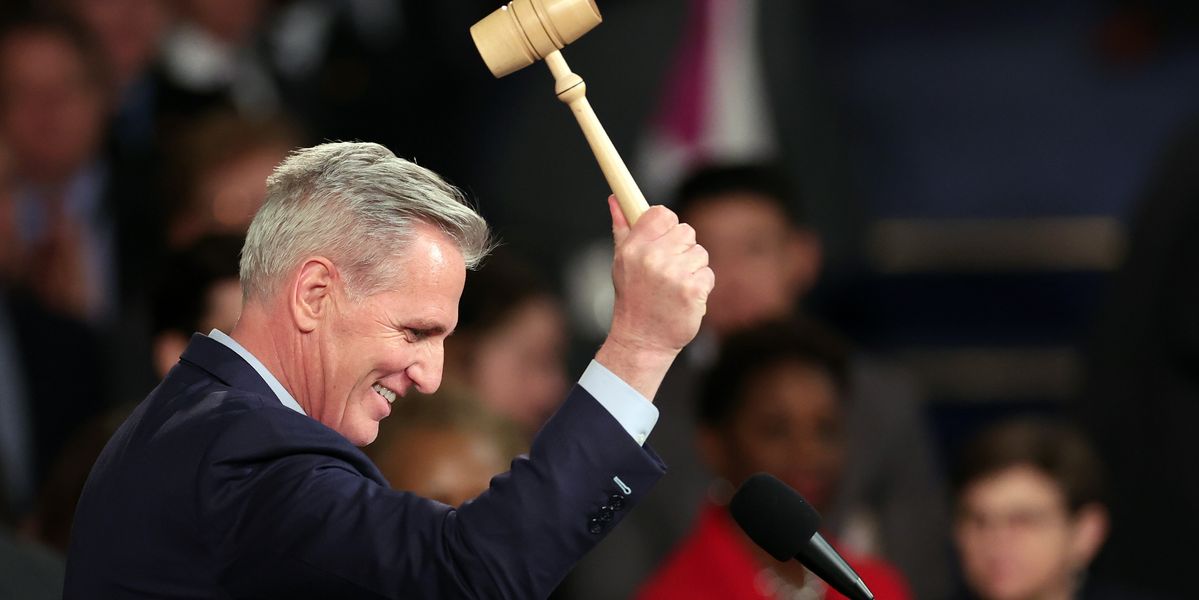House Republicans are making it clear they intend to push for cuts to entitlement programs like Social Security and Medicare with their new majority in the 118th Congress.
Their plans to target health care programs follow demands from a group of conservatives who helped elect House Speaker Kevin McCarthy (R-Calif.) this weekend. Those far-right legislators have pushed for blanket spending cuts to deal with the growing national debt.
But the House’s slim GOP majority — McCarthy can afford to lose just four votes on any bill — is much more divided on defense spending cuts than on entitlement programs.
“I’m all for a balanced budget, but we’re not going to do it on the backs of our troops and our military,” Representative Michael Waltz (R-Fla.), a former Army Green Beret, said Monday during an interview on Fox Business. “If we really want to talk about the debt and expenses, it’s the entitlement programs.”
As part of his list of concessions to conservatives, McCarthy reportedly agreed to limit next year’s spending to the 2022 fiscal level, which would amount to more than $130 billion in cuts from the $1 .7 trillion government funding from last month.
According to Rep. Chip Roy (R-Texas), Republicans do not plan to change benefits for current Social Security and Medicare recipients.
“What we’ve been very clear about is that we don’t get into the benefits that go to people who rely on Social Security and Medicare benefits,” Roy said on CNN’s “State of the Union” Sunday. “But we all need to be honest about sitting at the table and figuring out how we’re going to make that work, how we’re going to handle defense spending and how we’re going to handle non-defense discretionary spending.”
The Republican Study Committee proposed a fiscal year 2023 budget that would gradually raise the ages of eligibility for Social Security and Medicare, and change the Social Security benefit formula for people age 54 and younger, but not change for people closer to receive a benefit.
Democrats are likely to oppose those changes, as well as any cuts to Social Security and Medicare, and a resulting stalemate could lead to another government shutdown. The 2018-2019 federal funding cut lasted 35 days following a battle over former President Donald Trump’s border policies and immigration.
Rep. Rosa DeLauro (D-Conn.), the leading Democrat on the House Appropriations Committee, warned last week that Republicans were “all but guaranteeing a shutdown” by demanding that spending be capped at fiscal 2022 levels.
“Cuts like this would harm communities and families in the United States already struggling with inflation and the rising cost of living,” DeLauro said in a statement. “They jeopardize support for our veterans, law enforcement, small businesses and military families.”
Arthur Delaney contributed reporting.

